When former presidents speak out, it's not politics, it's prophecy.
In the better days of American democracy—if such days can still be spoken of without irony—former presidents understood their silence as service. They returned, after their tenure, to the quiet dignity of private life. To stay silent was not apathy; it was trust. Trust that the system would hold, that the Constitution could weather the next storm, that democracy, however flawed, would self-correct.
That era is over.
In recent weeks, an extraordinary thing has happened. Barack Obama, Bill Clinton, and President Joe Biden have all returned to the stage—not to endorse candidates or reflect on legacy, but to issue a warning. A constitutional warning. A democratic cry. They did not name names. They didn’t have to.
Their collective intervention breaks a long-standing tradition not out of vanity, but necessity. What we are witnessing is not camaraderie—it is survival. These are men who once campaigned against each other, governed in ideological opposition, and wrestled for legacy. Today, they stand on the same ground, not because they agree on policies, but because they fear there may soon be no ground left to stand on.
This is not politics as usual. This is guardianship. And it is miserable.
George W. Bush, who has stayed largely silent since leaving office, speaks volumes in his absence. His few words, when offered, cut through the noise, quiet, deliberate rebukes that suggest deep unease. Even his reticence has become a kind of dissent.
What binds these presidents now is not partisanship, but a shared dread that the guardrails of American democracy—electoral legitimacy, judicial independence, the peaceful transfer of power—are buckling. They are watching, in real time, the erosion of the very structures they once swore to uphold.
Yes, America has survived deep fissures before: the Civil War, Watergate, even the traumas of 9/11. But the current crisis is different. It is not just institutional; it is moral. It is not merely about policy—it is about whether truth can hold against conspiracy, whether law can outlast loyalty, whether leadership can exist without fear.
Former presidents do not raise their voices easily. When they do, it means the alarm has already been ringing too long. What we are hearing now is not the usual noise of an election cycle. It is a last-ditch call from those who know the system from the inside. Who understands how close we may be to tipping from dysfunction into collapse.
There is no joy in this chorus. Only dread.
And perhaps that is the lesson of this moment. That even the most powerful among us are powerless when democratic norms give way. That misery, not ambition, is what calls them to speak. And that, when history looks back, it may judge them not by the offices they held—but by the alarm they sounded, too late or just in time.
Author Bio: Prof. Sasmita Palo teaches at the School of Management and Labour Studies, Tata Institute of Social Sciences, Mumbai. With over 25 years of experience in teaching and research, her work focuses on organizational behaviour and leadership.








 OpinionExpress.In
OpinionExpress.In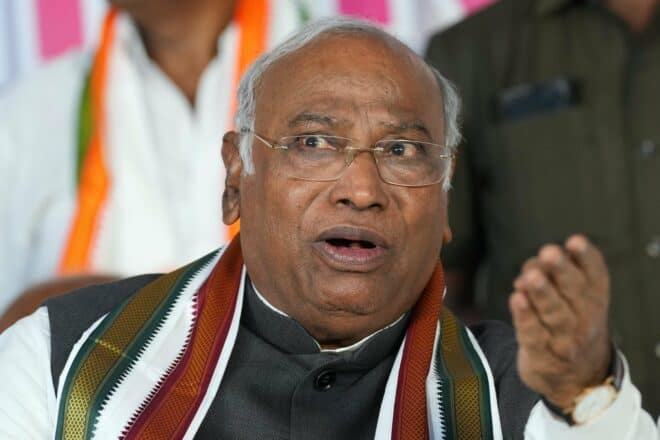
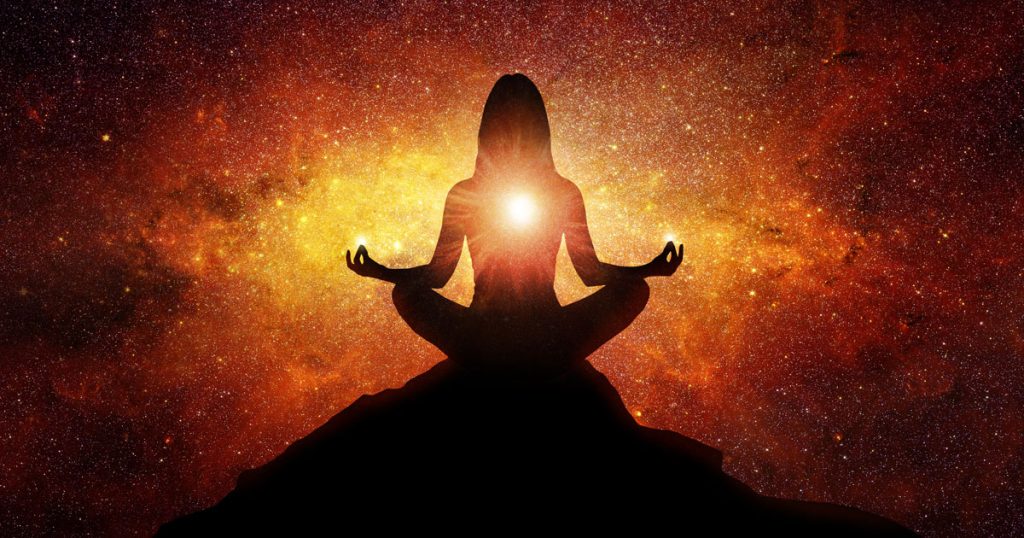
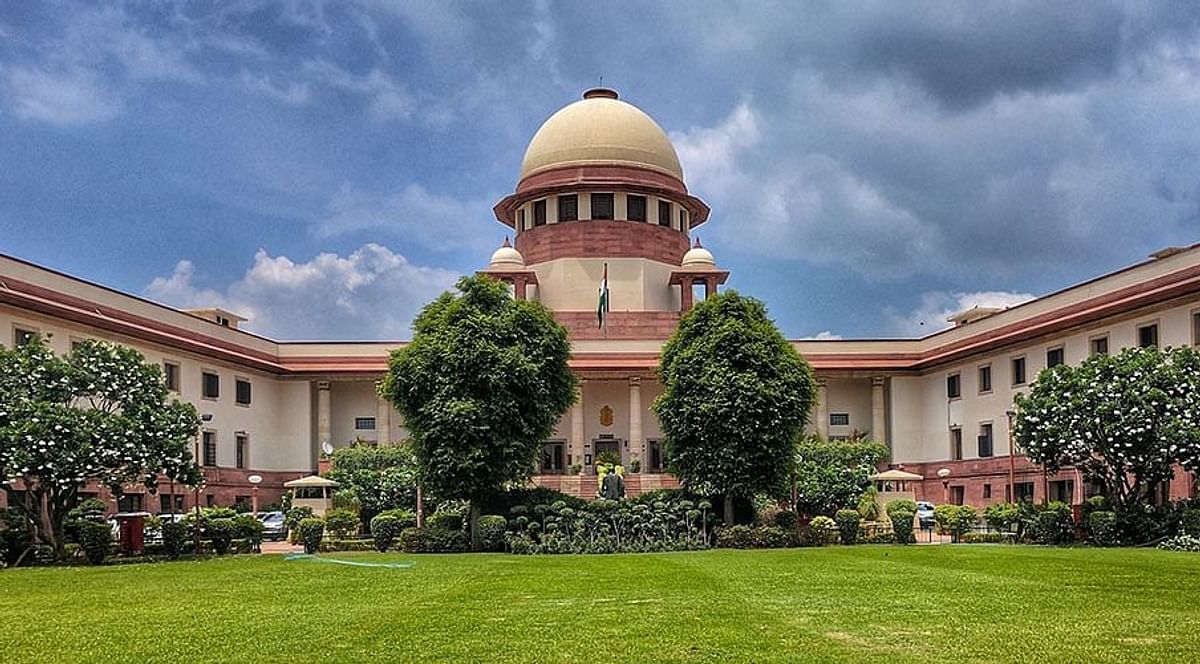
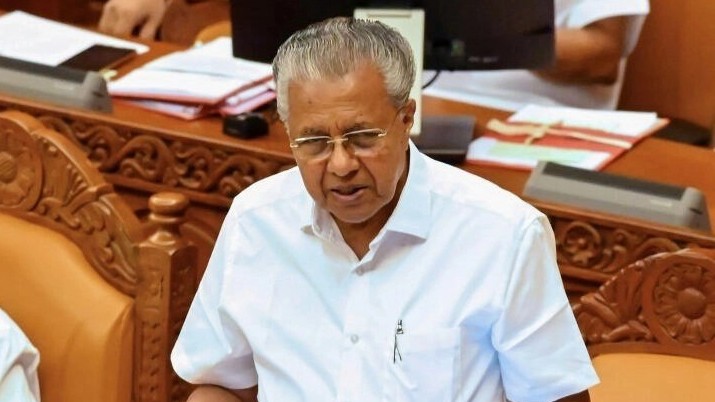
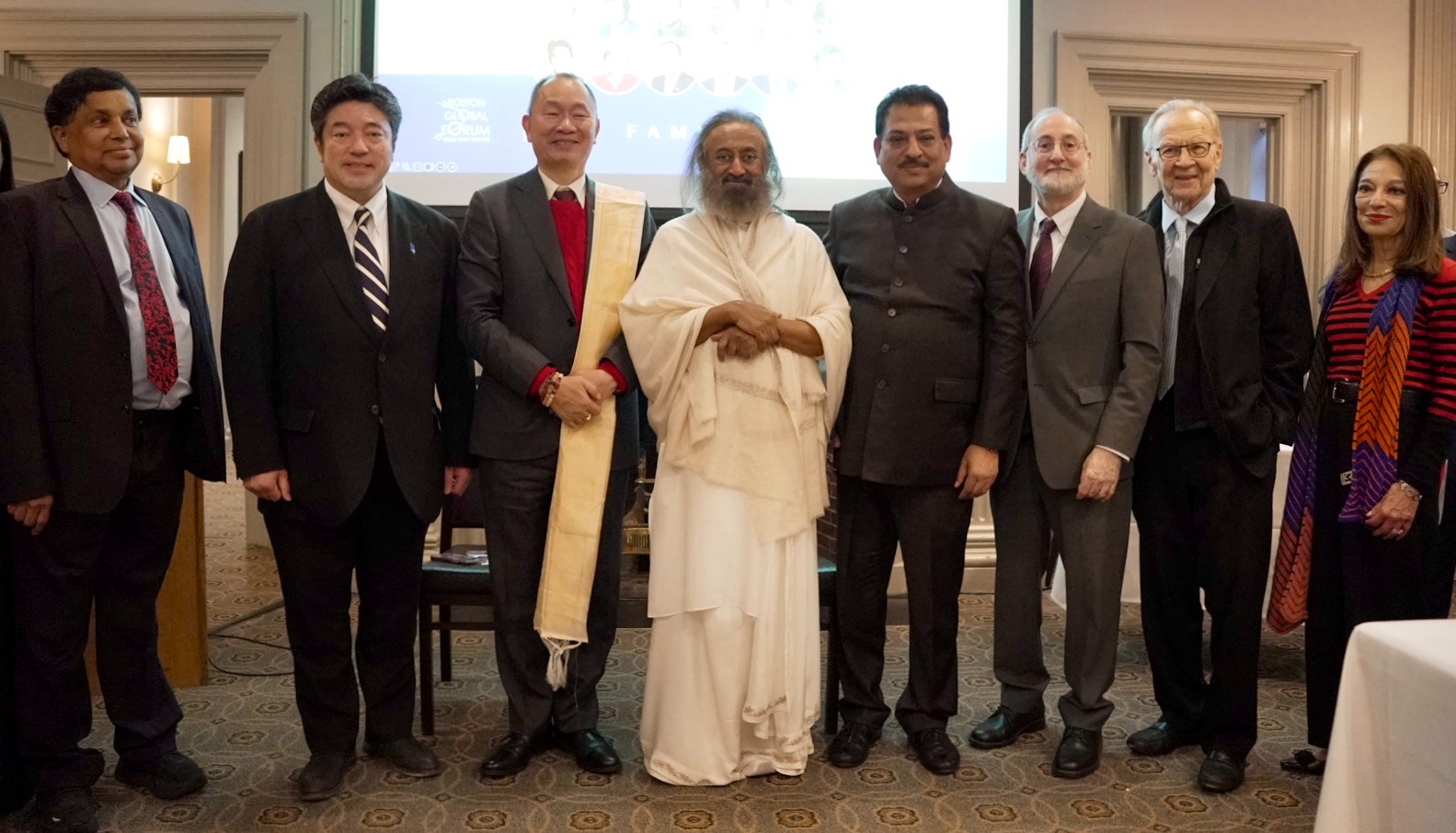
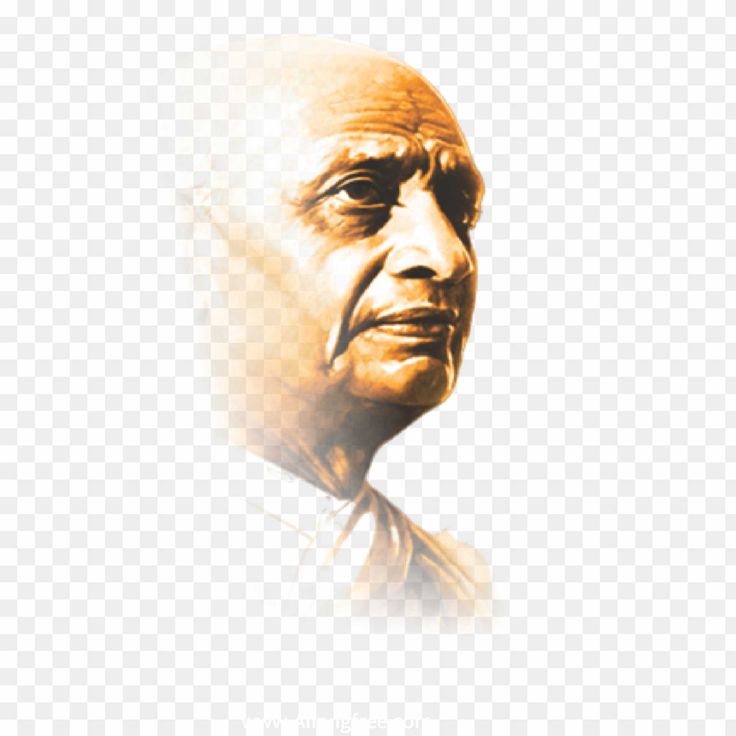
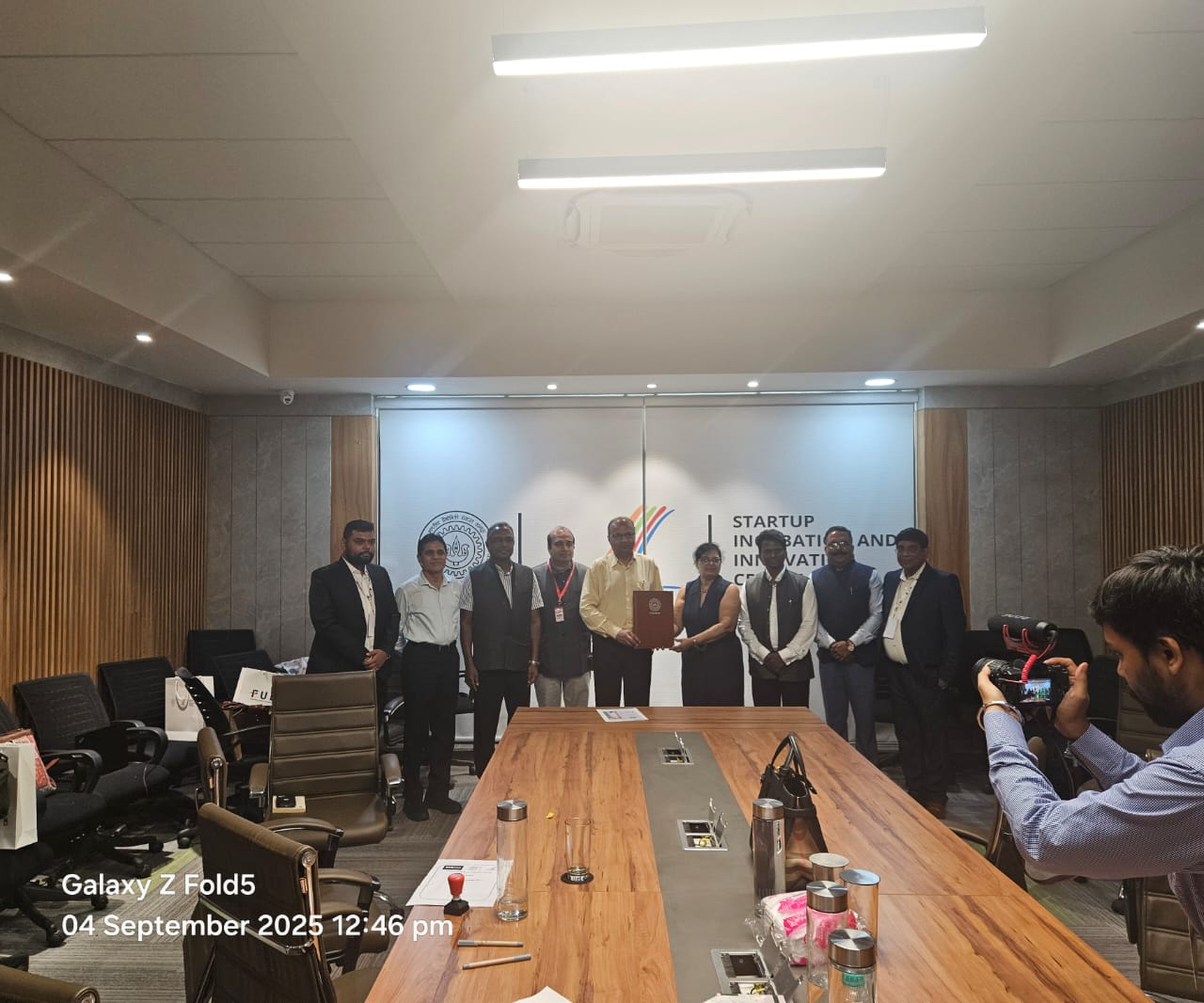









Comments (0)